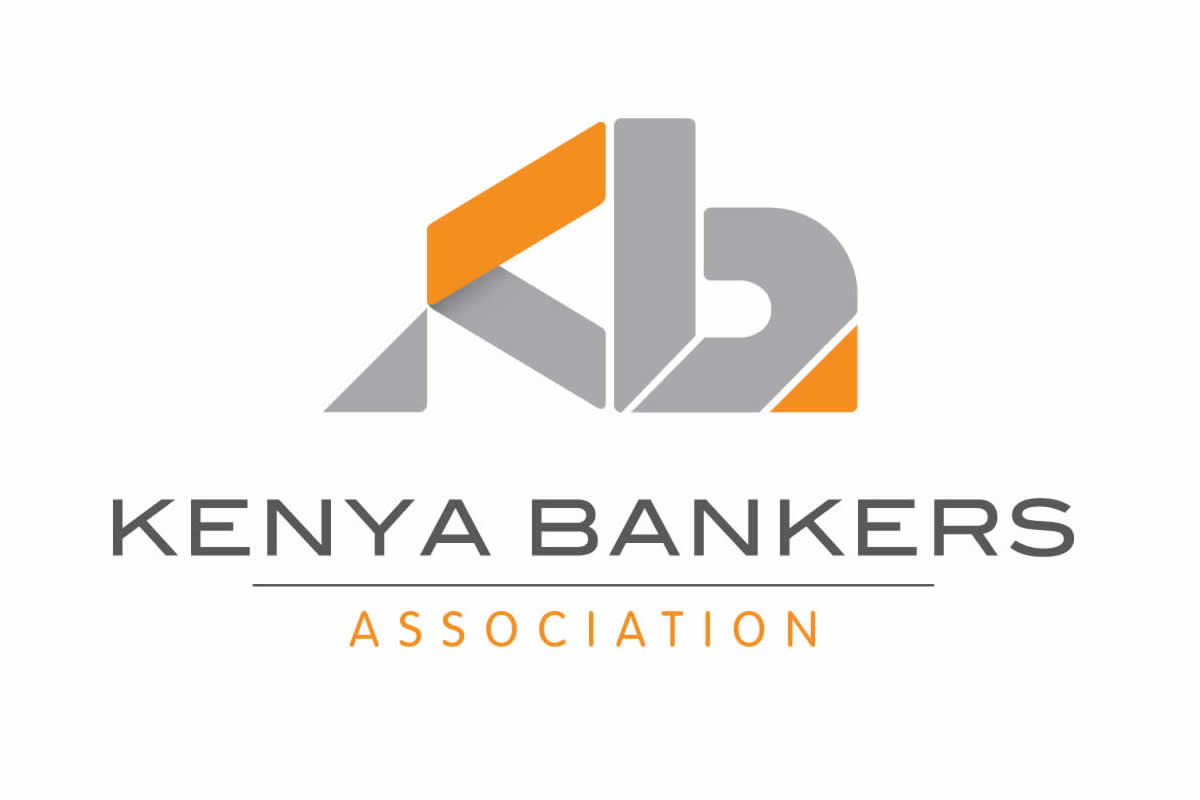Nairobi, July 28th 2016 – The banking industry through the Kenya Bankers Association has made every effort to propose reasonable solutions to the Parliamentary Committee on Finance, Planning and Trade — towards addressing the concerns of the public regarding the area of interest rates. We believe that the proposed Amendments to the Banking Act were introduced with the best intentions for the banking public; however, there are several considerations that must be factored into the legislation so as to achieve the ultimate goal while forestalling an adverse impact on the economy overall and the millions of Kenyans who rely on finance from banks.
We believe that the proposed Amendments to the Banking Act were introduced with the best intentions for the banking public; however, there are several considerations that must be factored into the legislation so as to achieve the ultimate goal while forestalling an adverse impact on the economy overall and the millions of Kenyans who rely on finance from banks. KBA supports the clause that requires banks and financial institutions to disclose all charges and terms relating to the loan before an agreement is signed. This proposal is supported by the Consumer Protection Act and CBK Prudential Guidelines. The disclosure proposal is further supported by KBA via the online and mobile platform Costofcredit.co.ke, which enables borrowers to calculate and compare bank charges and fees. The amendment that KBA does not support is the introduction of a capping on lending rates and determination on the minimum interest payable to depositors. At first glance, capping interest rates looks like something that will benefit consumers; however, on the contrary, it will disadvantage the very consumers it seeks to protect. It has been our view that the move is not in line with Kenya’s free market policy; and works against the gains the industry has made in promoting financial inclusion, and especially driving capital to finance enterprise development through product innovation. If Parliament is successful with this Bill, we will be taking material steps backwards as a democracy. The divide between those with means, and those without access to finance due to their income levels, will be further entrenched. We therefore as Kenya Bankers Association appeal to the Parliamentarians to review the proposals submitted by the industry. It is important to highlight that the segment which will be most affected is Micro, Small and Medium-sized Enterprises (or MSMEs). Considering that MSMEs are Kenyan’s engine for growth, the Bill as proposed may curtail enterprise development, resulting in poor performance and unemployment. The Government should be motivated to drive enterprise development through access to finance, therefore KBA has submitted to the Parliamentary Committee on Finance, Planning and Trade a progressive proposal that will boost lending to SMEs. Already Kenya leads in Africa in terms of the proportion of capital that banks direct to SMEs, therefore the KBA proposal will not only revolutionise the financial services sector but also firmly position Kenya as a global leader in enterprise development. In conclusion, we underscore our view that there are more effective and sustainable ways of reducing loan interest rates. These measures that also improve access to finance and drive down the cost of banking are at various stages of implementation and KBA is committed to advance successful implementation in partnership with the legislature, Central Bank and National Treasury.
About the Kenya Bankers Association:
Kenya Bankers Association (KBA) is the financial sector’s leading advocacy group and banking industry umbrella body that represents total assets in excess of Ksh3.7 trillion (USD 37 billion). The members are comprised of the 45 banks that are licensed by the Central Bank of Kenya. These banks are represented by their Chief Executive Officers, who appoint a Governing Council to oversee industry wide activities on the General Body’s behalf. The Governing Council is supported by various Committees and Sub-Committees which are comprised of nominated bank representatives. These committees coordinate activities with the KBA Secretariat.


